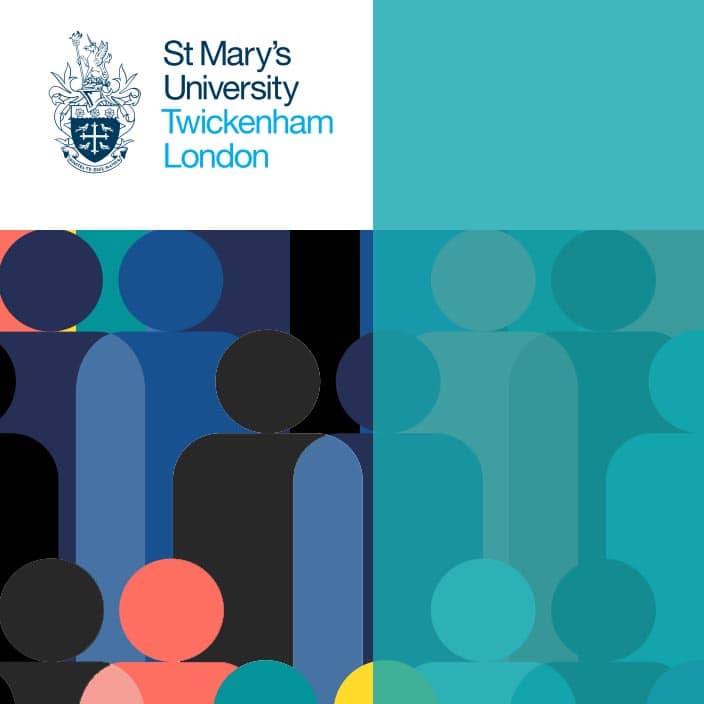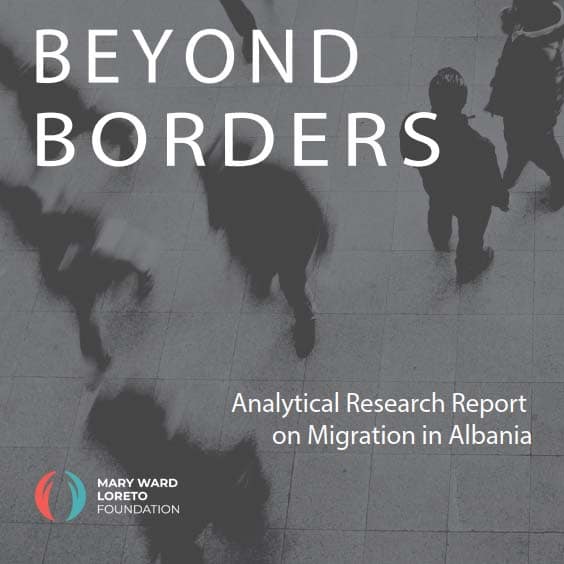This study, conducted by Mary Ward Loreto (MWL) in partnership with ACER, explores the perceived causes of unethical and corrupt behavior in Albania’s education system. It seeks to understand why such practices are often normalized, how individuals justify them, and how society responds — whether by denial or reaction.
Key questions include:
- Why do individuals choose unethical or corrupt actions, even when they know they are wrong?
- Why is service provision in education often seen as a favor, rather than a civic right?
- How are cultural norms used to justify unethical conduct?
The findings reveal that corruption exists at both pre-university and university levels, with moderate to high prevalence. Uniquely, the study shows that in pre-university settings, pupils and parents are most often identified as initiating corrupt acts, with students also being the most frequent perpetrators of unethical behavior.
Common forms of misconduct include:
- Grade manipulation and unfair assessments
- Preferential enrollment and classroom placements
- Allowances for absence and plagiarism
- Gift-giving traditions (e.g., on March 7–8) used to disguise unethical exchanges
In higher education, a general lack of civic responsibility among students and lecturers was also observed. The research highlights the strong influence of cultural norms in enabling and perpetuating these behaviors, often reinforced through informal networks and social expectations.


